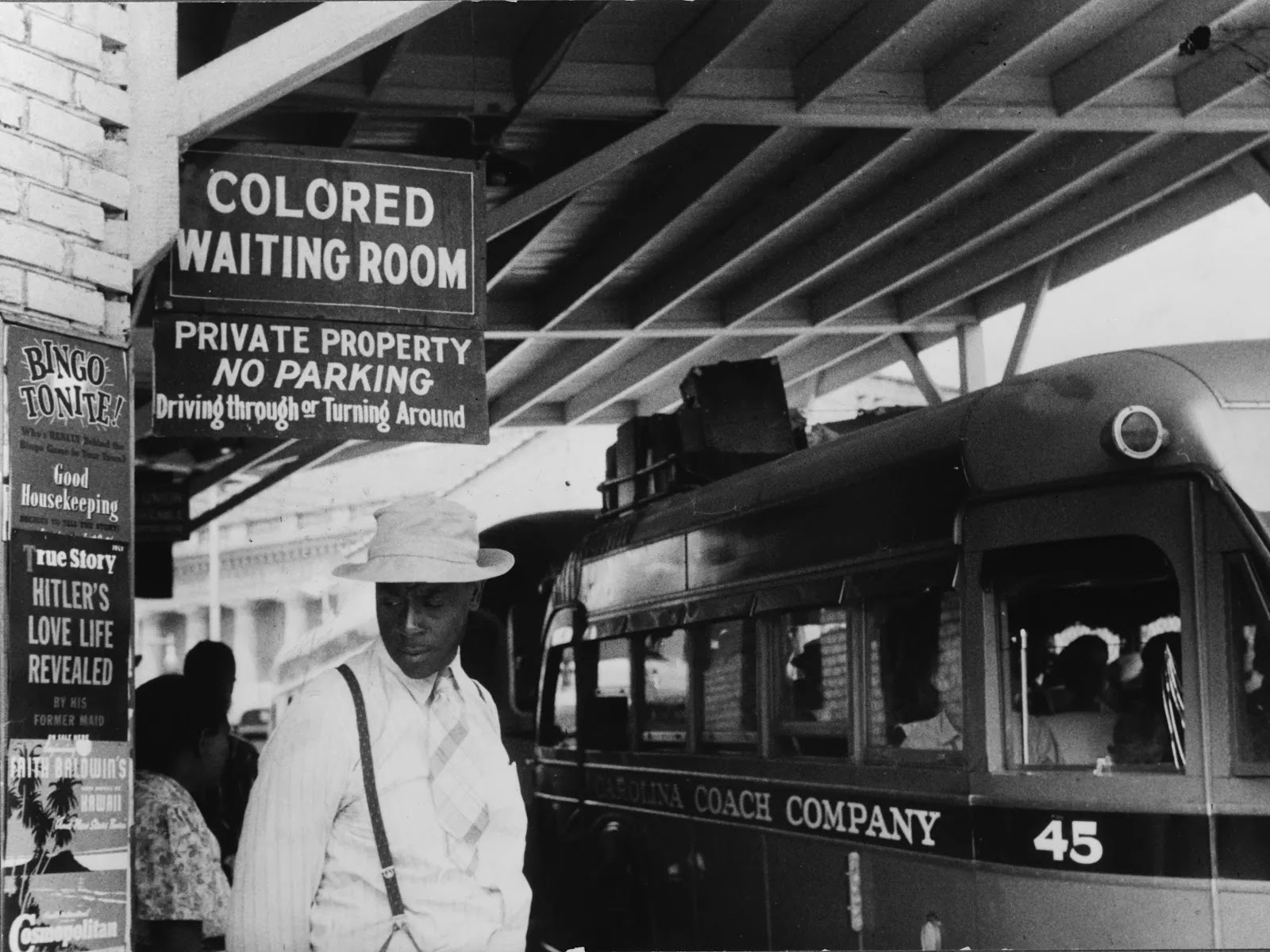*Plessy v. Furguson
Plessy v. Ferguson was a landmark case in the United States that affected the way segregation was viewed by law. It is one of the most famous landmark cases of all time because of the ruling "separate but equal" which legalized racial segregation. Plessy v. Ferguson was one of the first cases that tested the interpretation of the "equal protection" clause of the 14th amendment.
To give background information on this case it originated in 1892 in retaliation to Louisiana's separate car act of 1890. In 1891 a group of people in Louisiana formed the "citizens committee" to test the constitutionality of the separate car act. The committee with its legal council choose a bi-racial candidate for the test case. Homer Plessy was a man who was 7/8 white and 1/8 black. The council selected Plessy to support their argument that the clause failed to clearly define white and colored races. Homer Plessy purchased a railroad ticket and proceeded to seat himself in a white-only car. He refused to relocate himself to the African American car of the train resulting in his arrest. He was charged with violating the separate car act. Judge John Ferguson dismissed their appeal of the case on the basis of it being unconstitutional. After the Louisiana State Supreme Court agreed with the district court's opinion the U.S. Supreme Court agreed to reexamine the case.
In 1896 the United States Supreme Court heard oral arguments from both sides. On May 18 the supreme court rendered its decision. Associate Justice Henry Billings Brown wrote on behalf of the supreme court that it was not believed that the separate car act was in violation of Plessy's 13th and 14th amendment rights. According to the supreme court, Plessy's 13th amendment right was not violated because the separate car act did not reestablish slavery. He referred to the Civil Rights Cases (1883) which the supreme court ruled that segregation in public locations "imposes no badge of slavery or involuntary servitude…but at most infringes rights which are protected from State aggression by the XIVth Amendment." Henry Billings Brown argued that the separate car act did not violate Plessy's 14th amendment rights either. He argued that the 14th amendment was intended to provide legal equality for African Americans, not social equality.
Plessy v. Ferguson was an attempt to end segregation but instead legalized it. It is a failed test case that did not obtain the ruling that they were aiming for. Plessy v. Ferguson legalized segregation until it was overturned by another landmark case. Brown v. Board of Education.




Comments
Post a Comment